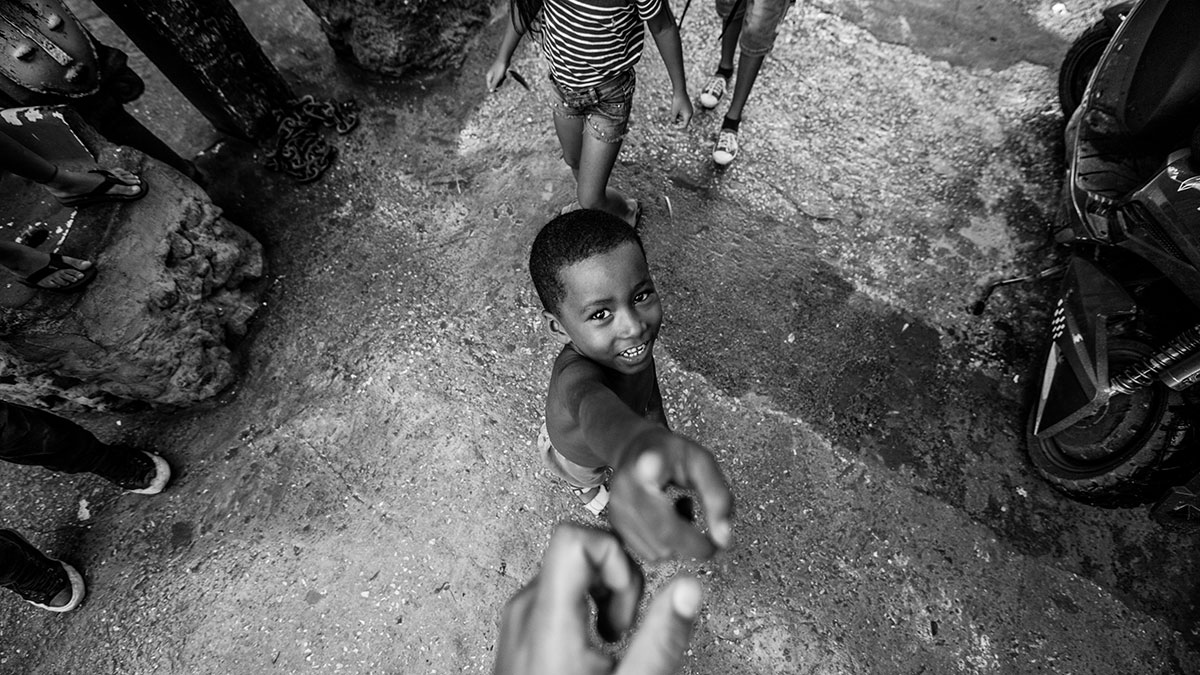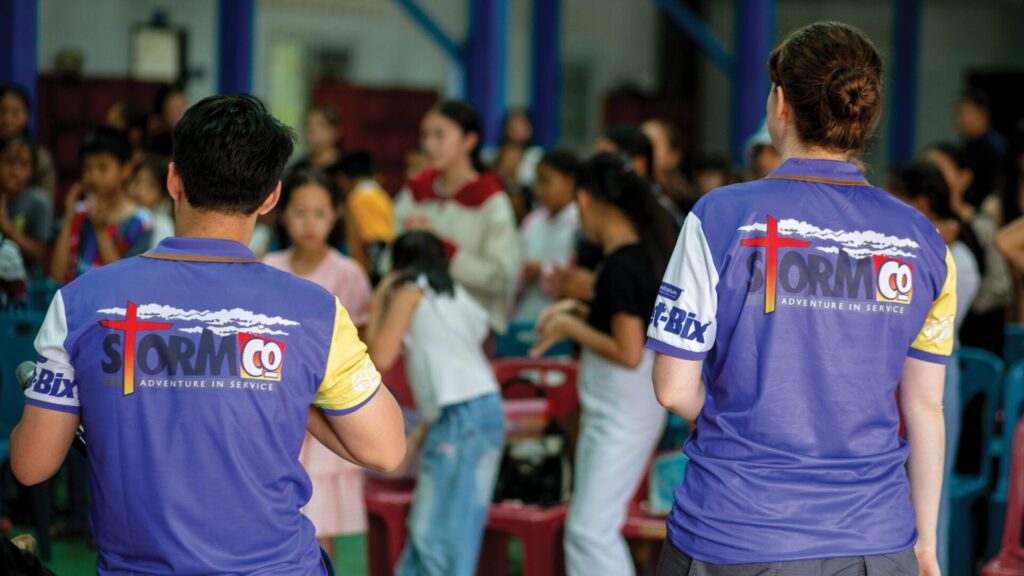We need to care for vulnerable people.
The Old Testament, in the Torah and Prophets, has many reminders to care for orphans, widows and people from different countries (were they refugees?). “The Levite . . . and the alien, the orphan and the widow who are in your town, shall come and eat and be satisfied, in order that the LORD your God may bless you in all the work of your hand which you do” (Deuteronomy 14:29; see also Exodus 22:22, Deuteronomy 24:17–22, Isaiah 1:17, Jeremiah 22:3, Zechariah 7:10).
The children of Israel are urged to show concern and care for these people as God already does. “He defends the cause of the fatherless and the widow, and loves the foreigner residing among you, giving them food and clothing” (Deuteronomy 10:18).
The poet has the same concern. “Give justice to the weak and the fatherless; maintain the right of the afflicted and the destitute” (Psalm 82:3).
Culturally, such people did not have a person who owned land or earned an income to support them. The community was to provide support for them. [pullquote]
The New Testament reinforces God’s mandates, reminding the church to care for the same group of people. During His ministry, Jesus emphasised those in need, making sure that His followers understood the importance of such ministry. “But when you give a banquet, invite the poor, the crippled, the lame, the blind, and you will be blessed” (Luke 14:13,14).
The church leaders then took up the call, creating ministries and practical help for the disadvantaged. “Pure and undefiled religion before God and the Father is this: to visit orphans and widows in their trouble, and to keep oneself unspotted from the world” (James 1:27).
The apostle Paul, when writing to Timothy, suggests that families have the primary role of caring for their related widows (1 Timothy 5:3-16). It seems some families were caring for their widows and some were not, while some widows were doing all they could to help themselves and others were not. Paul seems to suggest that those who can remarry should remarry and all should do what they can to help the church and the households that they were in and not just be recipients of welfare (1 Timothy 5:14). Paul elsewhere encourages church people to be diligent in income-producing employment: “we worked night and day, labouring and toiling so that we would not be a burden to any of you” (2 Thessalonians 3:7-9).
When the church offers social support and community service, whether a soup kitchen, food pantry or op shop, it is indeed fulfilling God’s call to care for vulnerable people. We should be involved in those activities. God loves everybody and wants all to be cared for.
We must acknowledge that there is a danger such ministries might create a co-dependency and a welfare mentality that does not help people in the long run. In ministries that provide care, what else is offered to help people rise above the challenges they are currently facing? Are counselling, practical living or employment classes offered, or microfinance and independent living opportunities created? Should a ministry carried out in the name of Jesus lift people out of the situation that they currently face?
I don’t have the answers to these complex questions. ADRA has a lot of ministries that deal with different needs that people have, from immediate disaster relief right through to development for communities, so that they can in turn begin supporting others.
I do know, however, that each person who needs support has real and challenging issues to work through.
Perhaps when Jesus said, “The poor you will always have with you, but you will not always have me” (Matthew 26:11; see also Mark 14:7), He realised that we will always need to support people and we should do it without showing favouritism or thinking about the long-term impact.
And who knows—one day you or I may be that person needing support.






